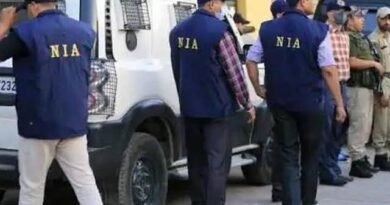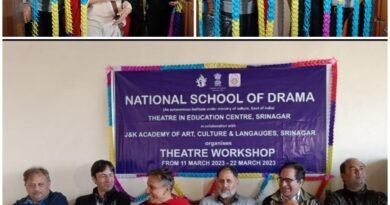“MHA revokes FCRA licence of Sonam Wangchuk’s SECMOL amid Ladakh unrest”
Ladakh Protests Live: Sonam Wangchuk’s NGO SECMOL’s license cancelled after clashes killed 4
Ladakh Protests LIVE Updates: The MHA has cancelled FCRA licence of Sonam Wangchuk’s NGO – SECMOL with ‘immediate effect’. The activist is being probed by the CBI.
Ladakh Unrest: Four Dead in ‘Gen Z’ Protests; MHA Cancels Sonam Wangchuk’s NGO Licence Amid FCRA Probe
LEH, LADAKH — A day after violent “Gen Z” protests in Ladakh claimed four lives and left more than 80 injured, the Ministry of Home Affairs (MHA) on Thursday cancelled the Foreign Contribution (Regulation) Act (FCRA) licence of SECMOL, the NGO founded by climate activist Sonam Wangchuk.
Earlier in the day, the Central Bureau of Investigation (CBI) confirmed that it has been investigating alleged FCRA violations by Wangchuk and SECMOL for the past two months.
Security forces imposed a strict curfew in Leh, detaining at least 50 people following Wednesday’s large-scale clashes—the worst the region has witnessed since 1989. The violence erupted during a shutdown called by the Leh Apex Body (LAB) to demand full statehood for Ladakh and the extension of the Sixth Schedule of the Constitution to the Union Territory.
Amid the turmoil, Sonam Wangchuk ended his two-week-long hunger strike, which he had launched in support of the statehood movement. The activist called off his fast after violent clashes engulfed Leh town.
The Sixth Schedule of the Indian Constitution provides for the administration of tribal areas in Assam, Meghalaya, Tripura, and Mizoram through autonomous district councils. Enacted under Article 244(2) and Article 275(1), it seeks to safeguard the cultural identity, land rights, and resources of tribal communities while ensuring local self-governance.
Each autonomous district council can have up to 30 members, with a maximum of four nominated by the Governor and the rest directly elected by the people.
The demand for including Ladakh under the Sixth Schedule stems from concerns among local communities about protecting their land, culture, and ecological resources following the region’s bifurcation from Jammu & Kashmir in 2019.




